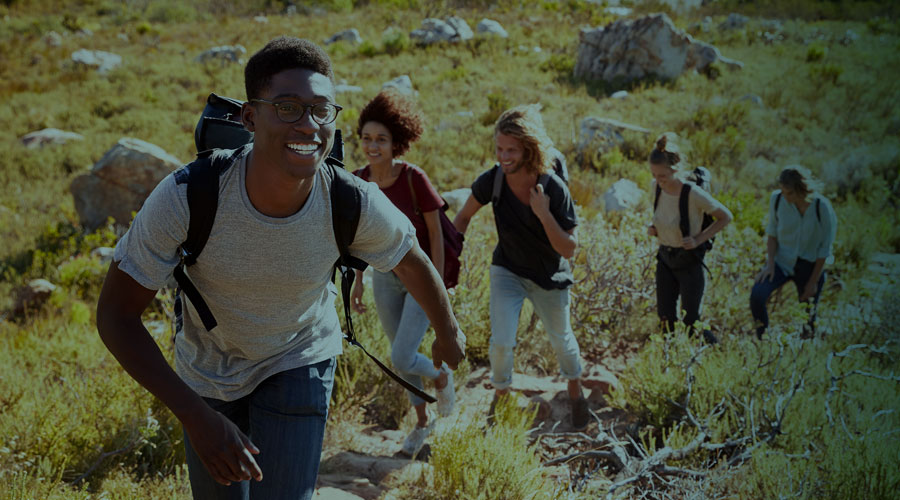Spring is just around the corner. For many families and kids, this means warmer weather and more opportunities to get reacquainted with parks, daily walks, weekend hikes and other outdoor activities. According to Harvard Medical School, playing outside is important for a child’s success in life. Outdoor experiences help aid in a child’s development and can even build executive functioning — the skills that allow us to plan, focus, remember instructions and juggle multiple tasks successfully. Access to the outdoors also helps teach kids about the beauty of nature and the importance of keeping it clean, safe and available for generations to come.
Access to the Outdoors is Not Equal
Unfortunately, access to outdoor experiences depends as much on your zip code as it does on the weather. Decades ago, Jim Crow laws required many outdoor spaces be segregated by race, including our nation’s parks and many publicly-owned spaces. In addition to Jim Crow-era laws segregating public spaces, Black families were barred from many private resorts across the country.
Today, many communities of color still lack access to high-quality outdoor experiences. For years, residential projects in Black communities rarely included “green space,” and schools serving mainly children of color often lacked playgrounds. This, combined with a history of segregation and racism in public parks and in nature, led to the access gaps that we currently see. According to the National Health Foundation, people of color make up nearly 40% of the U.S. population, but close to 70% of people who visit national forests, national wildlife refuges and national parks are white. Black people remain the most dramatically underrepresented group in these spaces.
How We Create Outdoor Experiences for All
To overcome these barriers and eliminate these inequities, we have to provide greater access to the outdoors for folks who are currently systematically excluded. This work might look like improving education about nearby state and local parks, improving public transit opportunities to green spaces or creating programs that specifically encourage underrepresented groups to explore the natural world around them.
Robert F. Smith knows the impact that high-quality outdoor experiences can have on kids’ lives. That’s why he co-founded the Lincoln Hills Cares program in 2008 to help expand access to outdoor education to underserved populations and communities of color. The Colorado-based organization works to achieve equal access to outdoor recreation and education through their programmatic work. In 2019, Lincoln Hills Cares worked with more than 50,000 youth and its programs facilitated more than 3,900 hours of curriculum. This work is critical to closing the outdoor experience gap, and giving every child the strong start they deserve.
Lincoln Hills has a proud heritage. The Colorado landmark resort was originally founded in the 1920s to provide Black families with a place to vacation. At the time it was the only resort west of the Mississippi River open to Black families. Every participant of Lincoln Hills Cares honors the legacy of those who sought equal rights and equal access to the many benefits of the outdoors decades ago.
Visit the Lincoln Hills Cares website to learn more about the organization’s work.






